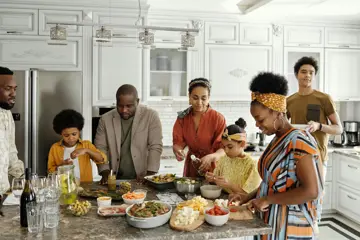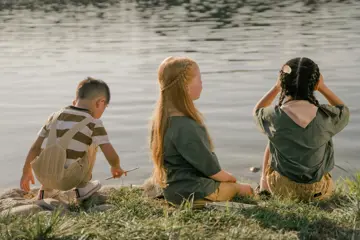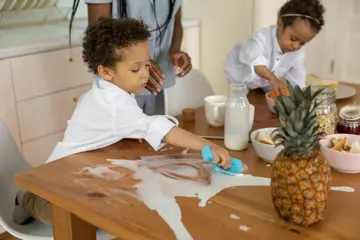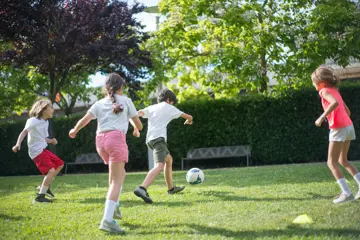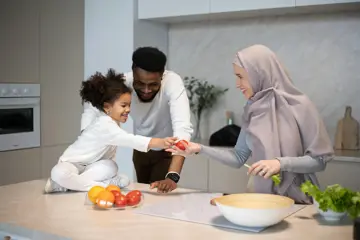Fostering involves the whole family. Children of foster carers play a key role in the fostering household in welcoming children, and should be included at all stages of the assessment and fostering process.
It can be challenging for children who find themselves sharing their parents with other children. However, many say that they have enjoyed their parents’ fostering and learnt from it including: how lucky they are, the importance of empathy, being kind, and the difference being a foster sibling can make to a fostered child or young person’s life. There is evidence that a proportion of children and young people from fostering families go on to become foster carers themselves or enter the caring professions, and feel that fostering enhances their empathy and life skills.
